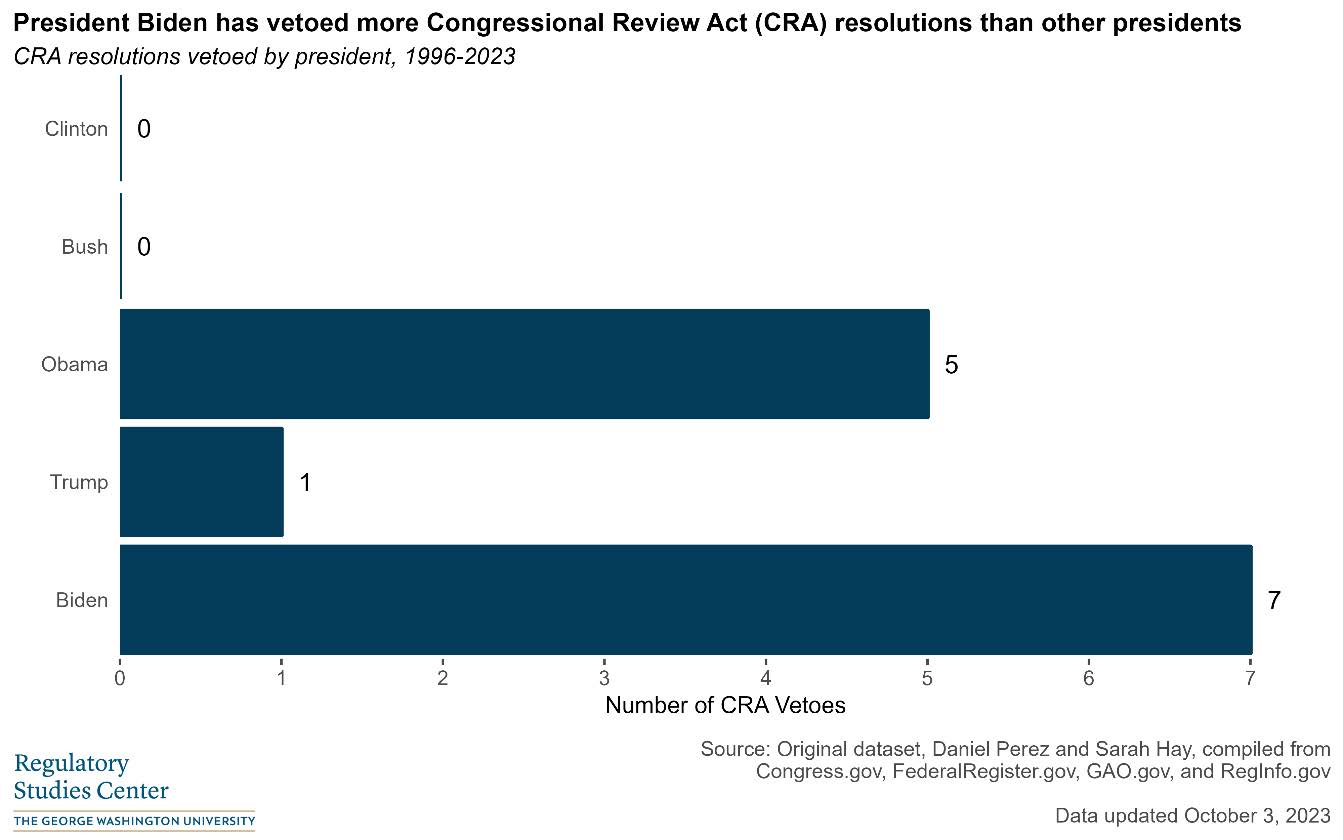Canadian Automotive Leaders Urge Bold Response To Trump Administration

Table of Contents
The Impact of Trump Administration Policies on the Canadian Automotive Sector
The Trump administration's trade policies have significantly impacted the Canadian automotive sector, causing widespread disruption and uncertainty. Keywords related to this section include: NAFTA renegotiation, USMCA impact, tariffs, automotive tariffs, supply chain disruption, Canadian auto jobs, and investment decline.
-
Increased Tariffs: The imposition of increased tariffs on auto parts by the Trump administration dramatically raised production costs for Canadian automakers. This made Canadian-made vehicles less competitive in the US market and reduced profitability. For example, the tariff on steel and aluminum alone added millions of dollars to the production costs of several major Canadian auto manufacturers.
-
NAFTA Renegotiation and USMCA Uncertainty: The renegotiation of NAFTA, culminating in the USMCA (United States-Mexico-Canada Agreement), introduced considerable uncertainty and complexities for cross-border automotive manufacturing and supply chains. The renegotiation process itself created instability, delaying investments and affecting production planning. The new agreement, while offering some stability, still contains provisions that pose challenges for Canadian automakers.
-
Decline in Investment: Threats of further protectionist measures have significantly discouraged investment in the Canadian automotive sector. Foreign and domestic companies are hesitant to commit to large-scale projects in an environment characterized by unpredictable trade policies. This hesitancy translates to fewer jobs and slower economic growth.
-
Job Losses and Factory Closures: The combined effects of tariffs, supply chain disruptions, and reduced investment have led to job losses and factory closures across Canada. Statistics from organizations like Statistics Canada clearly illustrate the negative correlation between these trade disputes and employment figures within the automotive industry. Specific examples of plant closures and job losses directly attributable to these policies should be included here to support the claim.
Canadian Automotive Leaders' Call for Action
Faced with these significant challenges, Canadian automotive leaders are urging the Canadian government to adopt a robust and multifaceted approach. Keywords relevant to this section include: government intervention, trade diversification, retaliatory tariffs, lobbying efforts, industry collaboration, and Canadian government response.
-
Strong Government Stance: Canadian automotive leaders are calling for the Canadian government to take a strong and unwavering stance against protectionism. This includes actively defending Canadian interests in trade negotiations and advocating for fair and reciprocal trade practices.
-
Retaliatory Tariffs: Proposals for retaliatory tariffs against US goods have been put forward as a means of leveling the playing field and protecting Canadian jobs. While such measures could have negative consequences, they are seen by some as a necessary response to unfair trade practices.
-
Increased Lobbying Efforts: Intense lobbying efforts are underway to influence US trade policy and ensure a fairer outcome for the Canadian automotive sector. This involves direct engagement with the US government and strategic alliances with other affected industries.
-
Collaboration and Strategy: Collaboration between Canadian automakers and the Canadian government is crucial for developing effective strategies to navigate this challenging trade environment. A unified front is essential to maximize the impact of lobbying and other measures.
-
Exploring New Trade Partnerships: Diversifying export markets is a critical element of the response. The Canadian automotive industry is actively exploring new trade partnerships with countries in Asia and the European Union to lessen its reliance on the US market.
The Importance of Diversifying Trade Relationships
Reducing the Canadian automotive industry's over-reliance on the US market is paramount for its long-term sustainability. Keywords for this section include: global trade, export diversification, Asian markets, European Union, and new trade agreements.
-
Reducing US Market Dependence: Over-dependence on a single major market makes the Canadian automotive sector vulnerable to external shocks, as demonstrated by the recent trade disputes. Diversification is crucial to mitigate future risks.
-
Exploring New Trade Agreements: Actively pursuing new trade agreements with countries in Asia (e.g., Japan, South Korea) and the European Union offers significant opportunities for growth and market expansion. These agreements can provide access to new markets and help reduce the overall dependence on the US.
-
Investment in Infrastructure and Technology: Supporting this diversification requires investment in infrastructure and technology to facilitate efficient trade with new partners. This may involve upgrading transportation networks and adopting new technologies to streamline supply chains.
The Long-Term Implications for the Canadian Economy
The health of the Canadian automotive industry has significant implications for the overall Canadian economy. Keywords include: economic impact, GDP growth, job creation, national security, and supply chain resilience.
-
Economic Growth and Job Creation: The automotive industry is a major contributor to Canada's GDP and a significant employer. Job losses in the sector have a ripple effect, impacting related industries and reducing overall economic activity.
-
National Security Concerns: The automotive industry's strategic importance to national security cannot be overstated. A weakened industry could negatively impact Canada’s ability to supply essential goods and services, particularly during times of crisis.
-
Supply Chain Resilience: Strengthening supply chain resilience is essential for future stability. This involves diversifying sourcing and manufacturing locations to reduce vulnerability to disruptions caused by trade disputes or other external factors.
Conclusion:
The Trump administration's protectionist trade policies have presented a serious challenge to the Canadian automotive industry, threatening jobs, investment, and economic stability. Canadian automotive leaders' calls for a bold and decisive approach from the Canadian government – including retaliatory measures, increased trade diversification, and strengthened collaboration – are necessary. The future of the Canadian automotive industry depends on a strong and proactive response to these challenges. It's time for the Canadian government to take decisive action to protect this vital sector and support the workers and businesses that rely on it. Let's demand a bold response to protect the Canadian automotive industry and secure its future.

Featured Posts
-
 Famous Amphibian To Deliver Commencement Speech At University Of Maryland
May 23, 2025
Famous Amphibian To Deliver Commencement Speech At University Of Maryland
May 23, 2025 -
 The One Percent Budget Fight A Retrospective On Clintons Presidential Vetoes
May 23, 2025
The One Percent Budget Fight A Retrospective On Clintons Presidential Vetoes
May 23, 2025 -
 Grand Ole Opry Goes Global First Ever International Broadcast From Londons Royal Albert Hall
May 23, 2025
Grand Ole Opry Goes Global First Ever International Broadcast From Londons Royal Albert Hall
May 23, 2025 -
 Is Honeywell Hon About To Acquire Johnson Mattheys Catalyst Business A Market Analysis
May 23, 2025
Is Honeywell Hon About To Acquire Johnson Mattheys Catalyst Business A Market Analysis
May 23, 2025 -
 Memorial Day 2025 Sales Event Top Deals And Where To Find Them
May 23, 2025
Memorial Day 2025 Sales Event Top Deals And Where To Find Them
May 23, 2025
